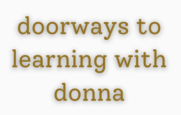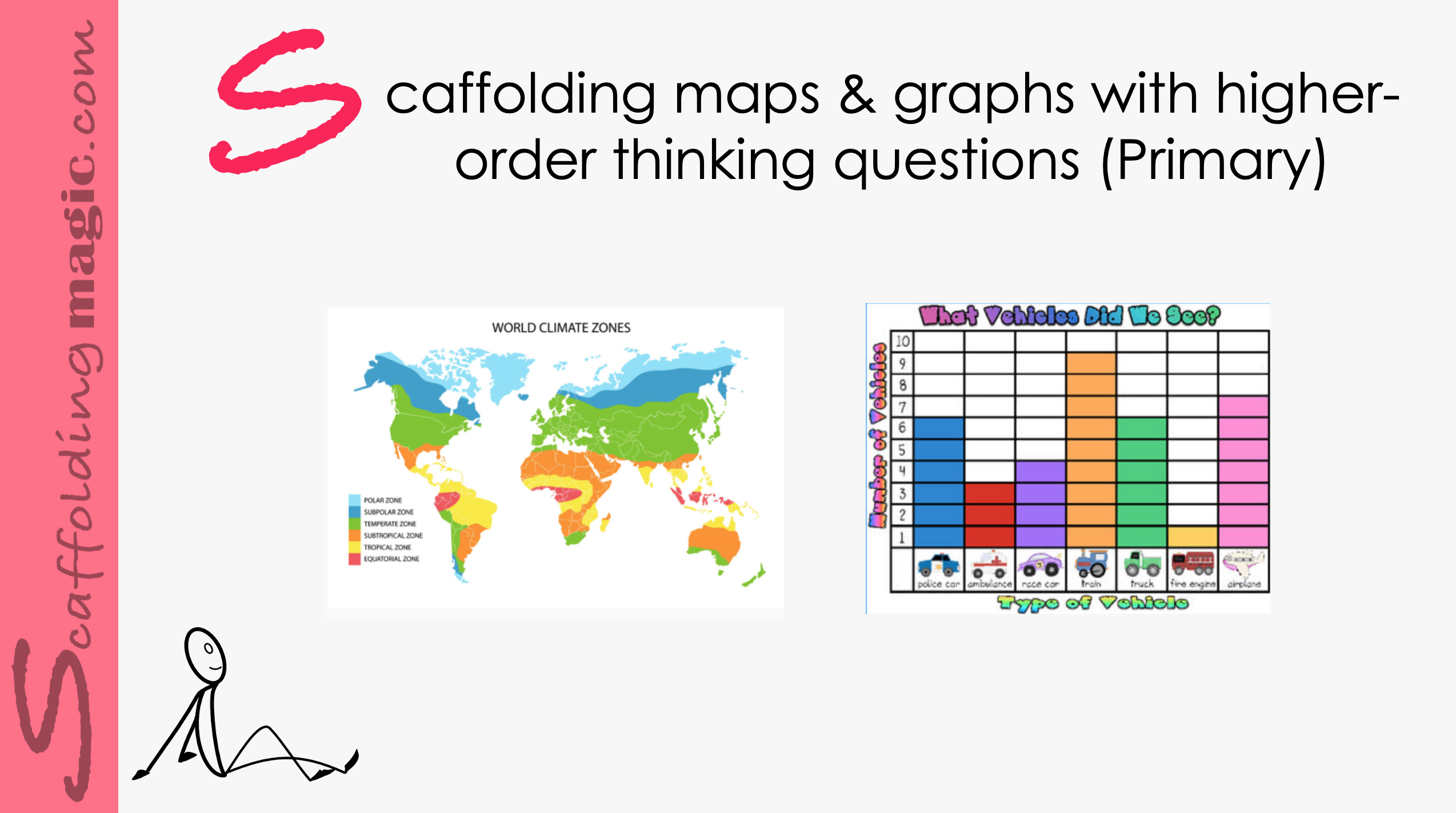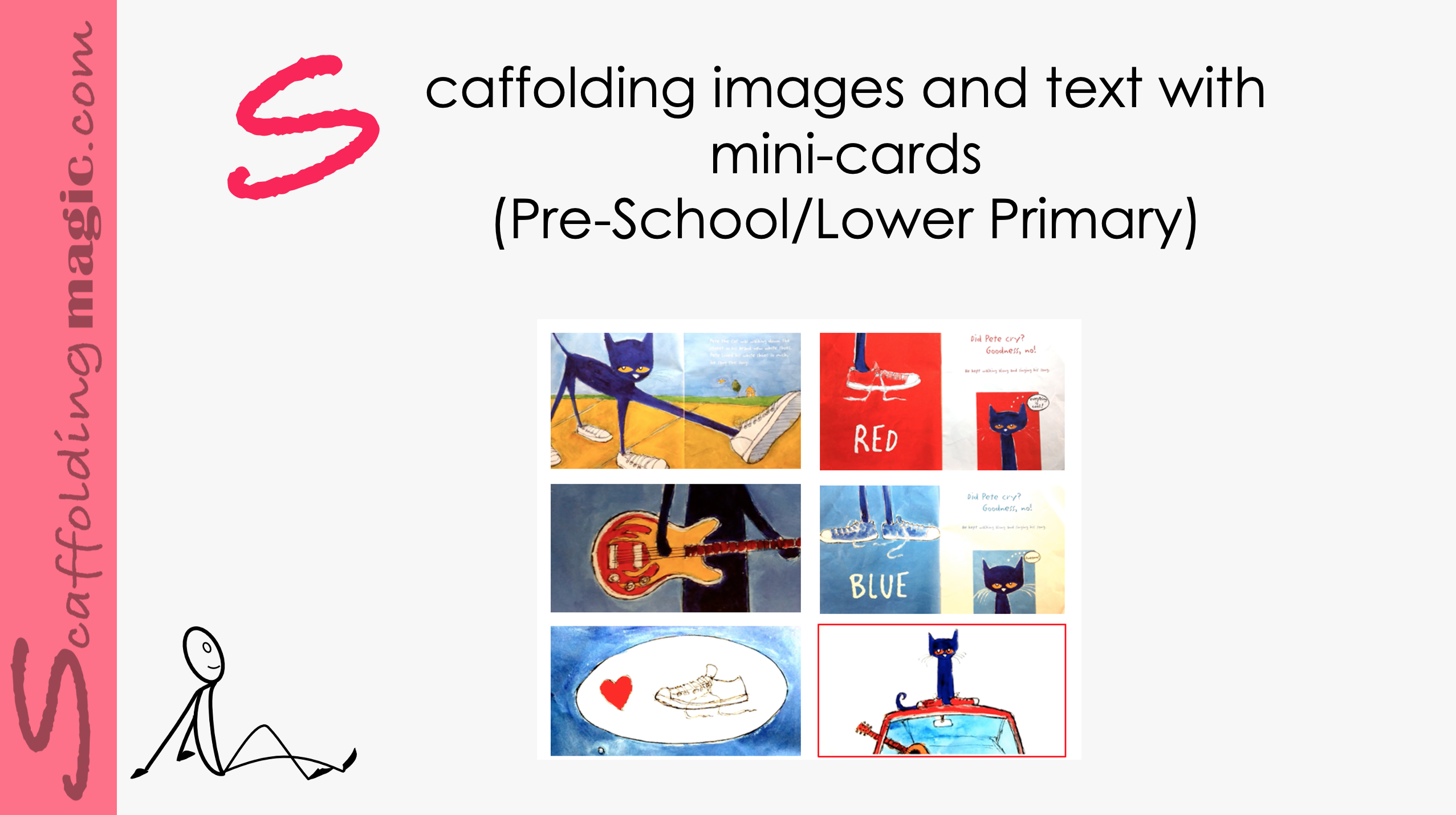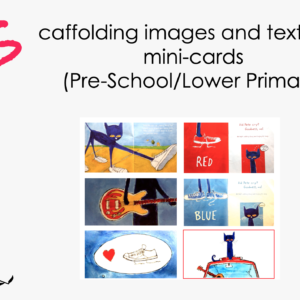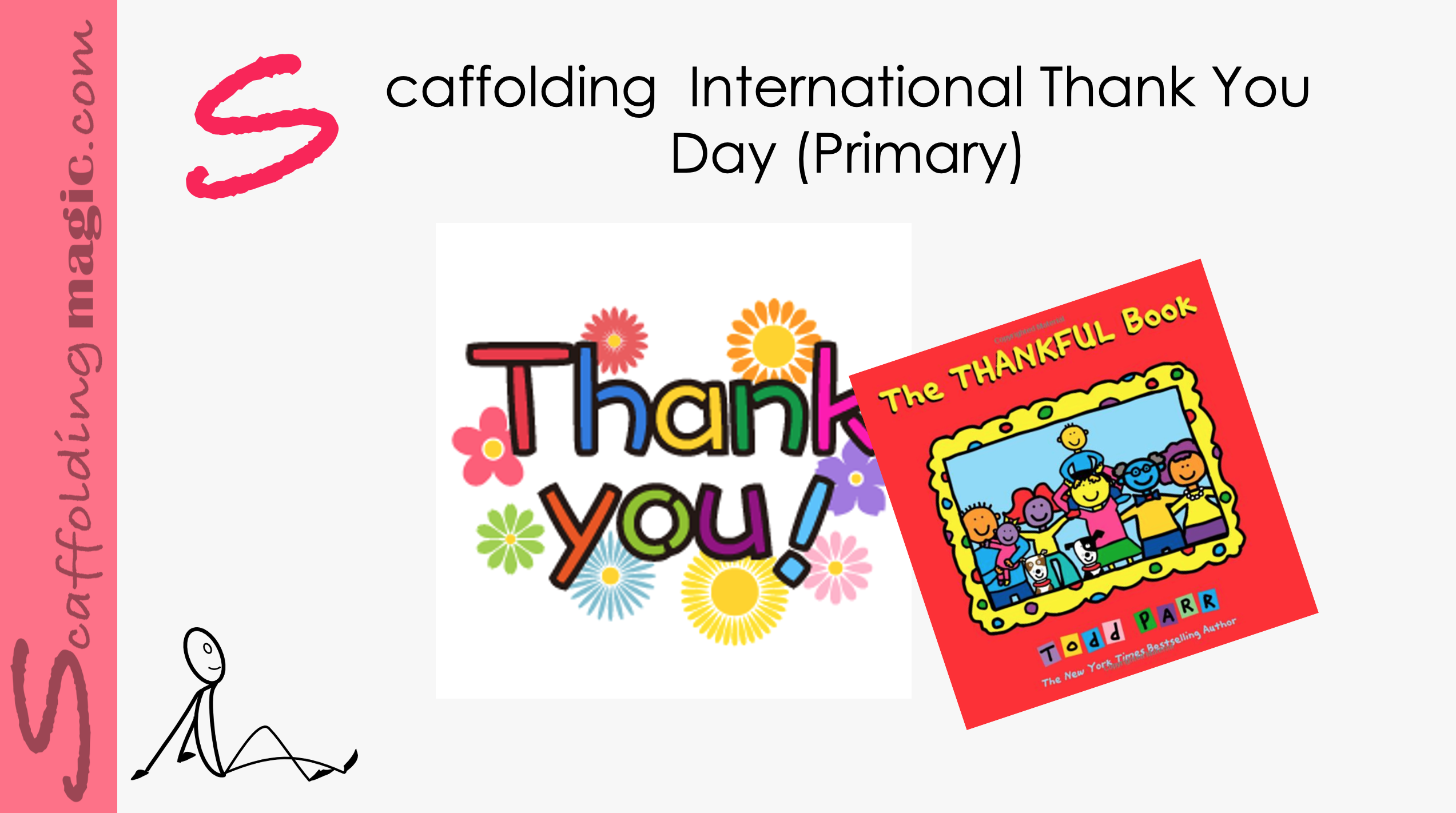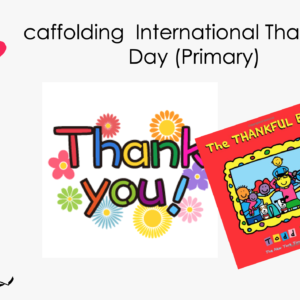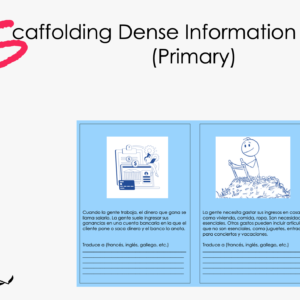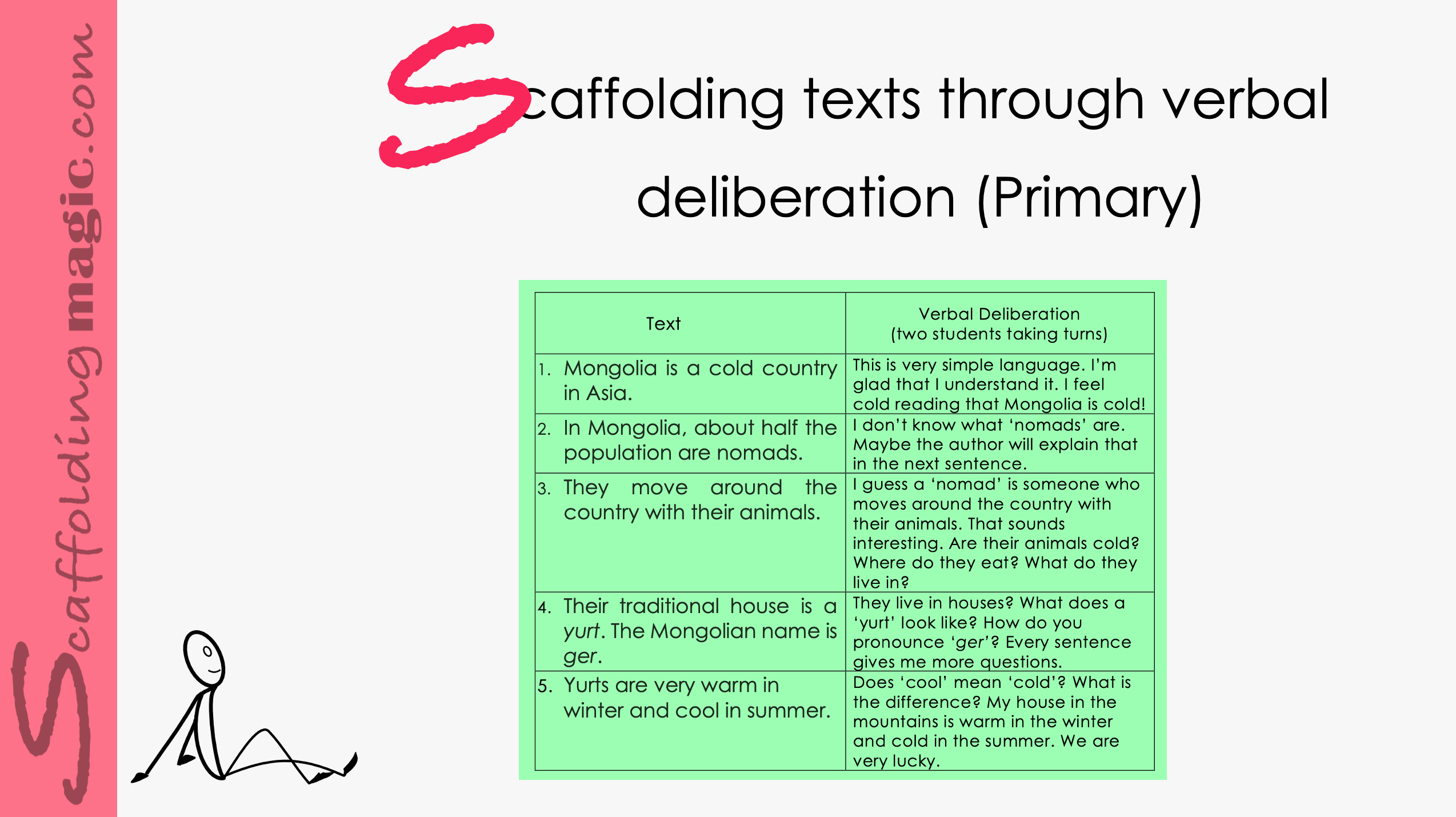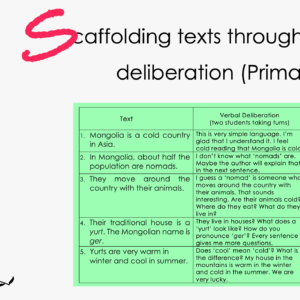Higher-order level questions – those that elicit deeper thinking – help students to stretch their thinking and engage their curiosity, their reasoning ability, their creativity, and independence. These questions encourage students to open their minds, they offer opportunities to produce original thinking. A well-structured question sparks perspectives that might not have at first occurred to us; they encourage us to look at the issue from different perspectives. Higher-order level questions inspire fresh and sometimes even startling insights and ideas, they open roads for wider perspectives of the issue, and enable teachers and students to work together in constructing understanding. If we use effective questioning skills in the educational environment, we help our students to be more effective thinkers now and in the future.*
Scaffolding Maps and Graphs with Higher-Order Level Questions (Primary)
$5.00
Higher-order level questions – those that elicit deeper thinking – help students to stretch their thinking and engage their curiosity, their reasoning ability, their creativity, and independence. These questions encourage students to open their minds, they offer opportunities to produce original thinking. A well-structured question sparks perspectives that might not have at first occurred to us; they encourage us to look at the issue from different perspectives. Higher-order level questions inspire fresh and sometimes even startling insights and ideas, they open roads for wider perspectives of the issue, and enable teachers and students to work together in constructing understanding. If we use effective questioning skills in the educational environment, we help our students to be more effective thinkers now and in the future.*
Related products
-
Primary ScaffoldsQuick View
Scaffolding Images and Text with Mini-Cards (Pre-School/lower primary)
$5.00 Add to cartRated 0 out of 5 -
Primary ScaffoldsQuick View
Scaffolding International Thank You Day (Primary)
$5.00 Add to cartRated 0 out of 5 -
Primary ScaffoldsQuick View
Scaffolding Dense information with Art (Primary)
$5.00 Add to cartRated 0 out of 5 -
Primary ScaffoldsQuick View
Scaffolding Texts through Verbal Deliberation (Primary)
$5.00 Add to cartRated 0 out of 5
Scaffolding Images and Text with Mini-Cards (Pre-School/lower primary)
We all know by now (pretend that you do, even if you don’t!!!) that teaching critical thinking is a never-ending job. Critical thinking strategies are domain sensitive, which simply means that a strategy that works in art may not work in history, and a strategy that works in for a verbal deliberation may not work in a situation that requires physical movement, etc.
We look at all this as an opportunity to expand our practice. We can take this as an excuse to widen even further the variety of strategies we use in our classroom activities so that when our students go out into the world, they’ll be more prepared because of this little extra effort we put into our lessons.
We all know by now (pretend that you do, even if you don’t!!!) that teaching critical thinking is a never-ending job. Critical thinking strategies are domain sensitive, which simply means that a strategy that works in art may not work in history, and a strategy that works in for a verbal deliberation may not work in a situation that requires physical movement, etc.
We look at all this as an opportunity to expand our practice. We can take this as an excuse to widen even further the variety of strategies we use in our classroom activities so that when our students go out into the world, they’ll be more prepared because of this little extra effort we put into our lessons.
Scaffolding International Thank You Day (Primary)
The International Thank You Day – celebrated by many on January 11th, others on June 11th – is a wonderful opportunity to help our students to focus on gratitude and add to positive forces in the world. Including gratitude in the educational environments is proven to improve relationships both in and outside of the classroom. Stressing affective factors in our lessons aligns us Vygotsky’s assertion (1978) that our students are more likely to step outside their comfort zone (ZPD) when they feel that they are supported and nurtured.
The International Thank You Day – celebrated by many on January 11th, others on June 11th – is a wonderful opportunity to help our students to focus on gratitude and add to positive forces in the world. Including gratitude in the educational environments is proven to improve relationships both in and outside of the classroom. Stressing affective factors in our lessons aligns us Vygotsky’s assertion (1978) that our students are more likely to step outside their comfort zone (ZPD) when they feel that they are supported and nurtured.
Scaffolding Dense information with Art (Primary)
This scaffold gives students the opportunity to interact with material through linguistics and visuals. As in the best-planned activities, we also include specific language outcomes. Too often we focus only on content, but being specific about the language structure, grammar and clarity of meaning ahead of time, students feel more supported and are therefore more able to confidently participate. The examples used in this activity come from a Natural Science class on energy. You’ll see how easy it is to adapt it to your lesson.
This scaffold gives students the opportunity to interact with material through linguistics and visuals. As in the best-planned activities, we also include specific language outcomes. Too often we focus only on content, but being specific about the language structure, grammar and clarity of meaning ahead of time, students feel more supported and are therefore more able to confidently participate. The examples used in this activity come from a Natural Science class on energy. You’ll see how easy it is to adapt it to your lesson.
Scaffolding Texts through Verbal Deliberation (Primary)
This scaffold helps students to become personally involved in whatever text they are asked to read. The technique includes using verbal reasoning to aid in the reading of new material – so that the reader has the opportunity to build a mental representation of the text through critical thinking and deliberation. The active dialogue while reading helps students to maintain active nodes (that might otherwise be passive), and the construct of knowledge then becomes stronger and can be accessed longer.
This scaffold helps students to become personally involved in whatever text they are asked to read. The technique includes using verbal reasoning to aid in the reading of new material – so that the reader has the opportunity to build a mental representation of the text through critical thinking and deliberation. The active dialogue while reading helps students to maintain active nodes (that might otherwise be passive), and the construct of knowledge then becomes stronger and can be accessed longer.
